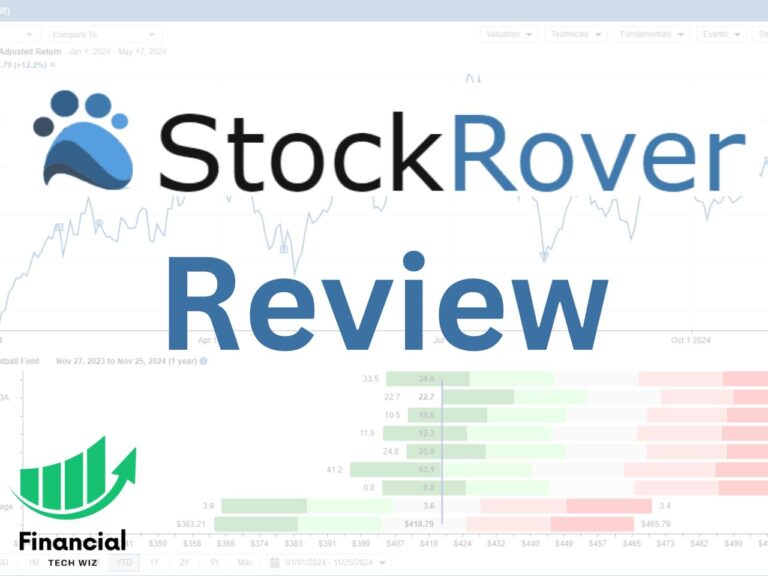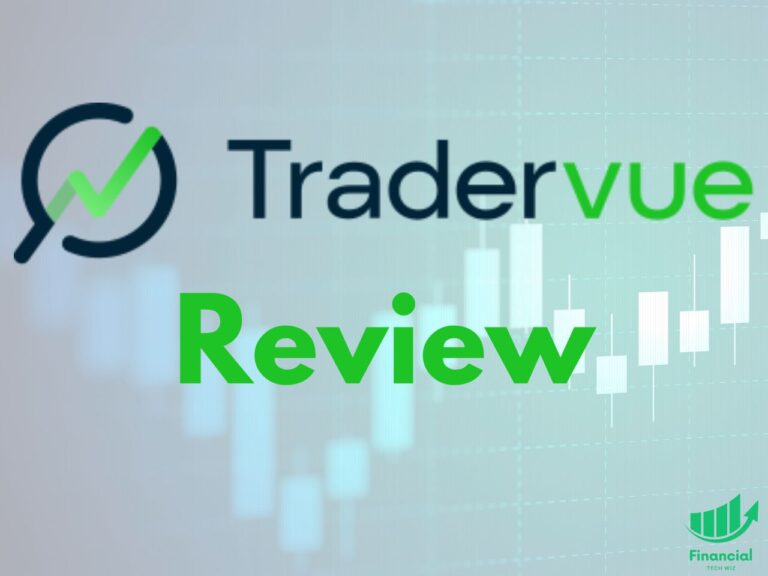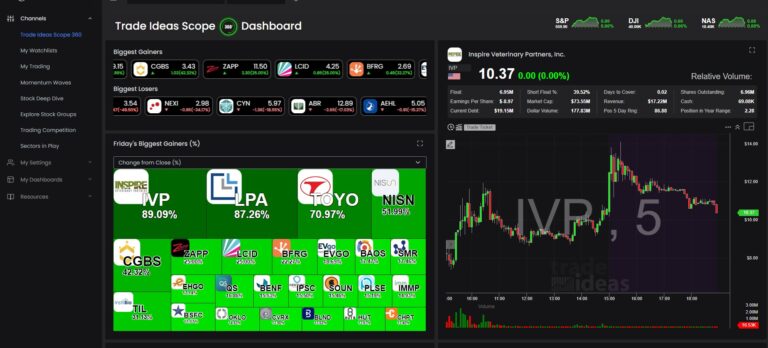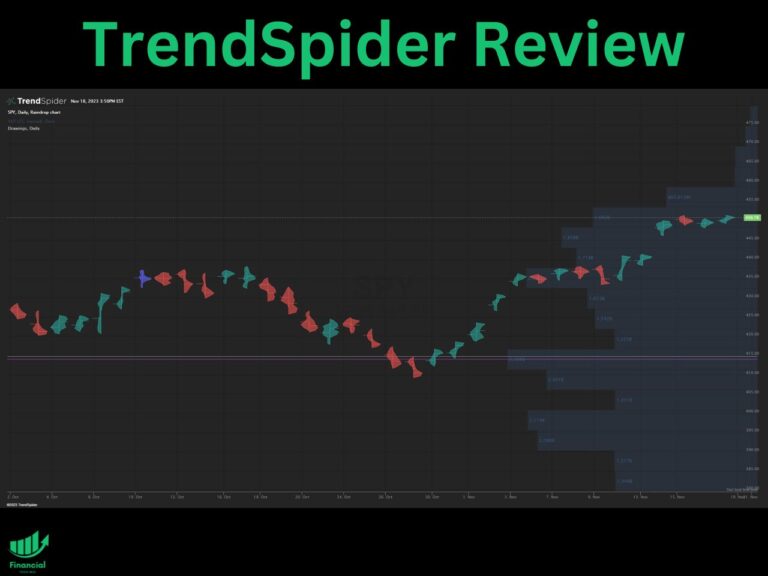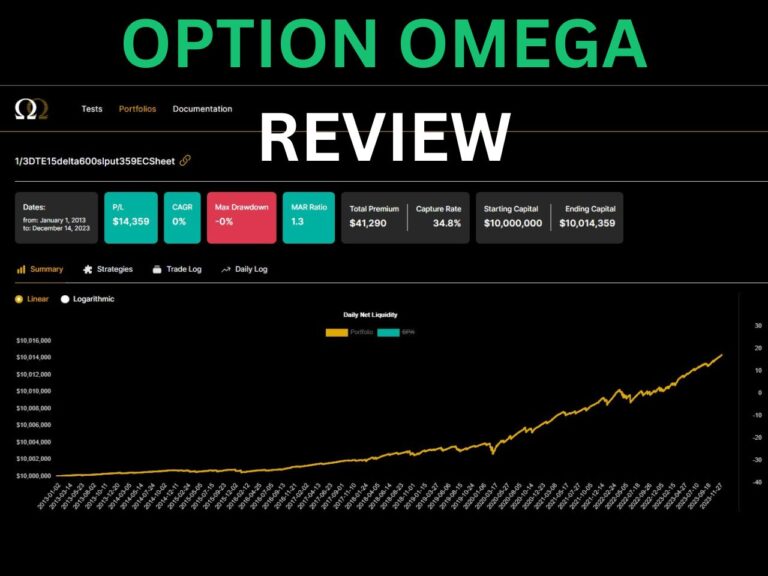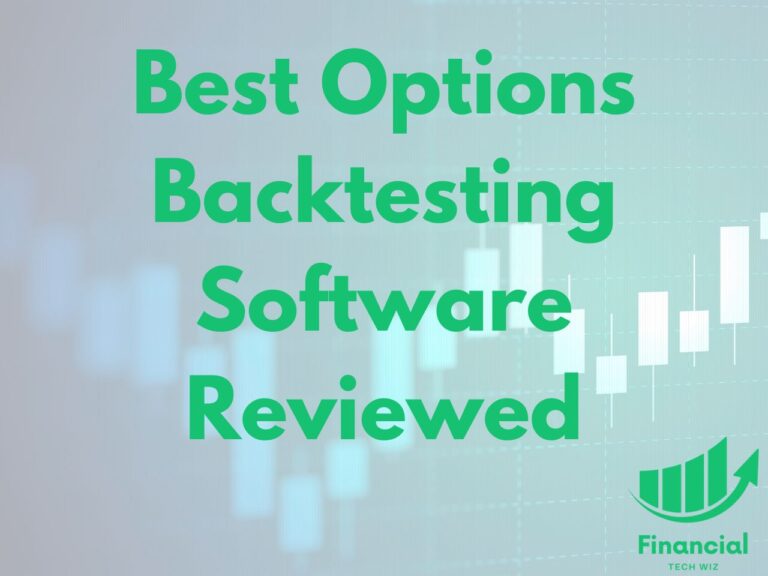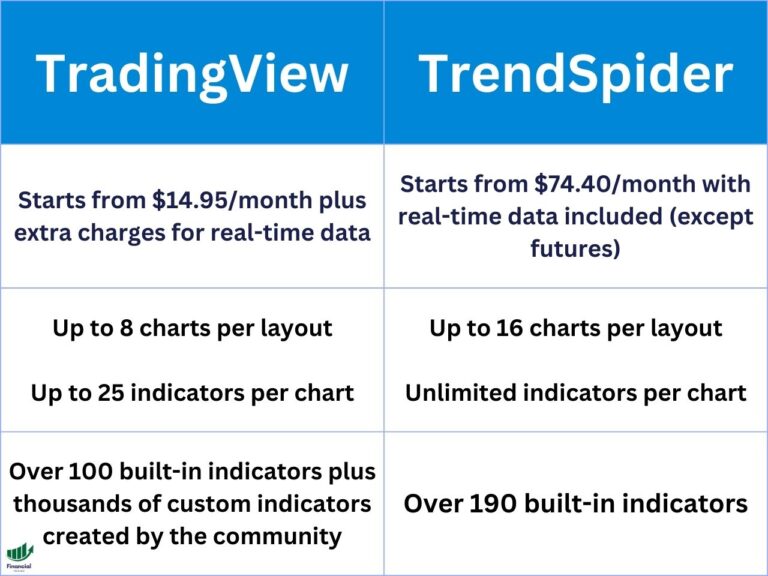Trading Call Options for Dummies: Call Options Explained
If you want to become an options trader, you must understand call options!
What is a call?
Call options give the buyer the right to purchase 100 shares of stock at a specific price. The price that is agreed upon is known as the strike price. As an options trader, you can use calls to leverage your portfolio.
Unlike shares of stock, options contracts eventually expire on their expiration date. If the strike price of your call is below the price of the stock at expiration, the option will expire worthless. However, it is cheaper to purchase a call option than 100 shares of stock.
* Call options for dummies: example trade
Let’s say stock XYZ is trading at $100 per share, and you expect it to rise to $120 per share in the next month.
You can either buy 100 shares of stock at $100 per share or a $100 strike call option. 100 shares of stock would cost you $10,000 (100*100). A $100 strike call option will cost you about $500 with an expiration date of 3 months.
The price to purchase a call option is much cheaper than the price to purchase 100 shares of stock. In addition, it’s cheaper to buy the call because it has an expiration date and allows you to use leverage.
Scenario 1: The stock rises to $120 in one month
If you are right and the stock price increases to $120 in a month, you will be making good money. Let’s compare how the shares did when compared to the call option.
If the strike price of your call is $100, and the stock is currently trading at $120, the option has $20 of intrinsic value (120–100). Since options have a multiplier of 100, the value of the contract would be at least $2,000 (100*20).
The call option you purchased for $500 increased to a minimum of $2,000, providing a return of $1,500 or 300% [(2,000–500)/500=3].
If you purchased 100 shares for $10,000, you would be able to sell them for $12,000, providing you with a return of $2,000 or 20%.
Scenario 2: The stock falls to $80 in one month
If you are wrong, you will lose money on both the call option and the shares. The main difference is that you can continue holding the shares forever while the call option can expire worthless.
The $100 strike call you bought will lose much of its value since the stock moved from $100 to $80 per share. Determining option pricing is complex, but the call likely lost over 50% of its value and is trading around $1-$2 ($100-$200). In this case, you will probably lose about -$300 to -$400 or over 50% of your investment.
The shares you purchased for $10,000 are now worth $8,000, resulting in a loss of -$2,000 or -20%. Luckily, the shares do not expire, so you can hold them until they recover. However, the stock does not have to recover and can even go to $0.
Options trading for dummies
Options trading for dummies is possible as various strategies are easy to implement. If you sell options in a stock portfolio, you rarely have to check on them or manage the position.
Discover the difference between buying and selling call options below and why selling options for dummies is easily attainable. Buying options contracts can work, but it is riskier than an option selling strategy.
Buying calls vs. selling calls
Buying calls is a speculative strategy that is riskier than investing in stocks. As a call buyer, you are taking on more risk by using leverage to make a higher return. As the seller of the call, you are betting that the stock will move down or stay flat.
Covered calls for dummies
A covered call is when you own 100 shares of stock and sell a call against them. When you sell a call, you promise to sell your shares at the strike price in exchange for a cash premium.
Additionally, for accepting the obligation to sell your shares, you get paid the contract’s premium from the call buyer. You are betting that the call option you sold will go to $0 and expire worthless.
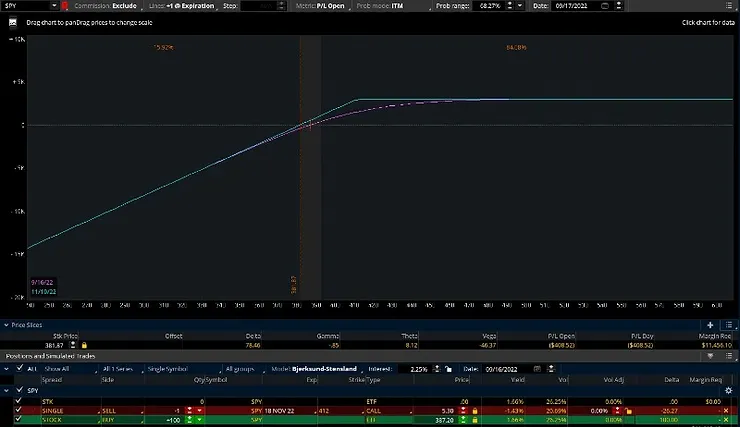
Selling covered calls is a great way to hedge your portfolio and earn some income for holding your shares. The downside to selling calls is that you will be forced to sell your shares if the stock moves up quickly.
The key is to pick a strike price at which you are okay with selling your shares. If you choose a strike price that is too low, you can miss out on the gains from the stock increasing in price. As an options trader, you must determine if a stock will move up, down, or sideways.
- Buying LEAPs
If you are bullish on a stock, you can purchase call options that expire in one year or longer. These options are known as LEAPs (long-term anticipation securities). The benefit of buying LEAPs over equity is they are cheaper and allow you to use leverage.
Buying a call option before a stock goes higher is one of the best ways to make a great return in a short period. However, buying call options is risky, and you can lose your entire investment if your investment thesis is wrong.
Options trading for dummies: bottom line
When you are trading call options, you must understand the risks involved. For example, when you buy a call option, you can lose your entire investment if the stock expires below your strike price. Therefore, you must be willing to lose all of your investment when purchasing speculative financial instruments like call options.
As the seller of call options, you can use the covered call strategy to generate income for a stock portfolio. Selling covered calls are much less risky than buying call options, but the risk potential is lower. Additionally, you must understand how implied volatility affects options pricing.
Regardless of how you trade call options, you must understand the risks involved and be ready to manage them. Options are much more complex than trading shares of a company, which means you must be careful and avoid them if you aren’t fully aware of all the potential outcomes.
– Free trading journal template & cheat sheet PDFs
– Custom scanners, watchlists, & market commentary
– Access our free trading course and community

